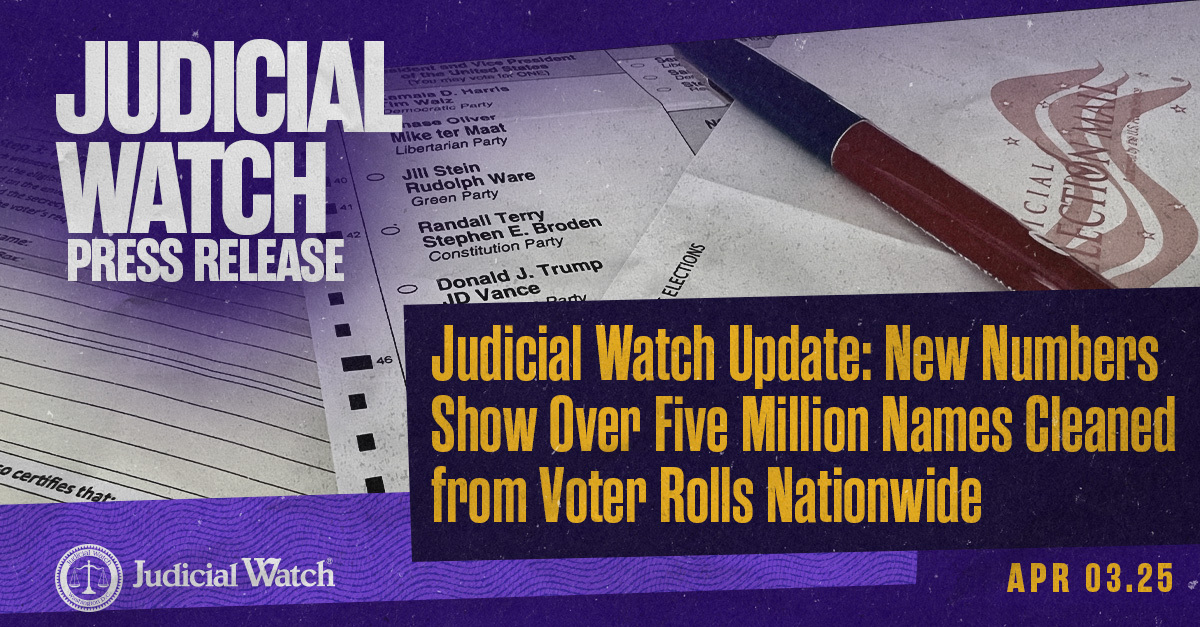
Judicial Watch: State Department Documents Reveal Rushed Approval of Hillary Clinton Memoir, Classified Information Concerns on Book’s Iran Chapter
State Department officials ordered destruction of book draft review copies
(Washington, DC) – Judicial Watch today released documents from the Department of State revealing that State Department officials ordered rushed approval of former Secretary of State Hillary Clinton’s manuscript for her memoir Hard Choices. The documents show a key State Department official had concerns about the disclosure of classified information in the book concerning Iran and an effort to destroy draft copies of Clinton’s book in State Department files and from State Department computer systems.
The documents were obtained from the State Department last month in response to a June 12, 2014, Freedom of Information Act (FOIA) request seeking the following:
- Records regarding the review, vetting, and/or approval of the publication of the memoir Hard Choices by former Secretary of State Clinton. This request includes, but it not limited to records of communications between any official, employee, or representative of the Department of State and any other individual or entity related to the review and approval process.
The first chapters were delivered to Director of the Office of Information Programs and Services John Hackett in February 2014. Hackett began pressuring his staff for approval on March 7. On March 10, Senior Reviewer Charles Daris urged reviewers at the Near Eastern Affairs Bureau to “turn these around as quickly as possible to meet the hopes and expectations of the author.” That same day, State Department official Neil Silver writes: “The FOIA office is under great pressure to turn this around quickly. If you are tardy in your response, you may get a high-level Department official call.
On March 13, Daris indicated that the Near East staff was given three working days to respond to the book’s chapter on Benghazi, also, that the State Department delay sending the manuscript to the CIA for review at the request of former Clinton campaign staffer Ethan Gelber. That same day, he indicates that factual errors have been found in the Iran chapter and that the Maghreb desk has “comment” on the CIA in Benghazi.
The documents also show an effort to destroy copies of draft copies of the Clinton book, evidently because “revisions were in the works.” A March 20 exchange reads:
- Charles L. Daris: New marching orders from our Front Office. Will you please suspend our request for clearance and find a way to get all/all of the copies back that you sent to EAP [East Asian and Pacific Affairs]. Please confirm to me when you have done so.
- Paul P. Blackburn, State Department official: I have just retrieved the two copies of the chapter portions Neil passed to the China and Japan desks (i.e., pages 53-73 of “Back to Beijing” and 87-119 of “Green Light.”) In each case, I was assured that no reproductions were made, so I think we now have “all/all of the copies.”
- Charles L. Daris: Excellent, Paul. Please destroy them. Thank you. C
The documents show a sudden decision to halt all work on the review of Clinton’s chapter on Iran, followed by a request that all extant copies be found and destroyed, apparently prompted by the State Department’s Iran Desk’s concerns about the manuscript.
The Judicial Watch documents also reveal that State Department officials were cautioned to be careful in how they proffered editorial suggestions to the former Secretary’s staff. In a March 12, 2014, email to Silver, Peter Hemsch suggests, “We may reach out informally to the former Secretary’s staff re: the policy issues raised; just a low-key, friendly heads-up to double-check that they have considered a policy angle.” Daris forwarded the email, adding that suggestions should be passed along “reiterating that it is not/not a formal Dept response.”
“Hillary Clinton can get her book, despite disclosing classified material, approved in record time from the same State Department that is slow-walking and obstructing, over years, the release of the notorious Clinton emails about Benghazi and other scandals,” stated Judicial Watch president Tom Fitton. “The desperate effort to destroy copies of the Clinton draft shows that any remaining drafts need to be uncovered and reviewed. My guess is the American people, the courts, and law enforcement will be angry that yet more Clinton records, which included sensitive and potentially classified information, were destroyed.”
###
















